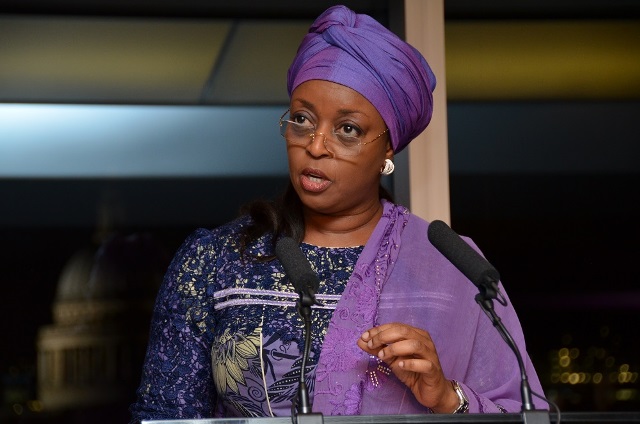The Supreme Court, on Friday, upheld the interim order that allowed the Federal Government to seize about $8.4million the Economic and Financial Crimes Commission (EFCC) traced to wife of former President Goodluck Jonathan.
In a unanimous decision, a five-man panel of the apex court led by Justice Dattijo Muhammad, declined to set-aside the order of temporary forfeiture that was issued against Mrs. Jonathan by a Federal High Court in Lagos.
It held that the Court of Appeal in Lagos was right to have affirmed the forfeiture order, saying there was no reason to interfere with concurrent findings of the lower courts.
The apex court dismissed the appeal Mrs. Jonathan lodged before it as grossly lacking in merit, saying she should return back to the high court to show cause why the seized funds should not be permanently forfeited to FG.
According to Justice Kumai Aka’ahs who prepared the lead judgment of the Supreme Court that was delivered by another member of the panel, Justice Ejembi Eko, “The Appellant is to go back to the trial court to show cause why the interim order should not be made permanent.”
Besides, the Supreme Court refused Mrs. Jonathan’s prayer for section 17 of the Advanced Fee Fraud Act and other Fraud related offences Act, which the trial court relied on to order Federal Government to take possession of her seized funds, to be struck down.
It will be recalled that EFCC had on the strength of an ex-parte application and affidavit evidence it filed before the High Court in Lagos State, secured an order that allowed it to confiscate the sum of $8,435,788.84 and other funds in bank accounts it said were traced to the former First Lady.
In the application it filed pursuant to section 17 of the Advanced Fee Fraud Act and other Fraud related offences Act, EFCC, alleged that the funds were suspected to be proceeds of crime and unlawful activities.
Meantime, in a ruling on April 20, 2018, trial Justice Mojisola Olatoregun granted the ex parte order.
The trial court, aside granting the interim forfeiture order, directed the anti-graft agency to make a publication to enable Mrs Jonathan who was cited as a Respondent in the ex-parte application, or anyone interested in the funds, to within 14 days, show cause why the final order of forfeiture should not be made in favour of Federal Government.
However, shortly after the order was made, Mrs. Jonathan went before the Court of Appeal to challenge the legal competence of EFCC’s ex-parte application to temporarily take ownership of the funds.
The appellant, through her lawyer Mr. Ifedayo Adedipe, SAN, urged the court to quash section 17 of the AFFA which she said negated principles of fair hearing and presumption of innocence of an accused persons, as guaranteed under section 35 and 36 of the 1999 Constitution, as amended.
Her appeal was subsequently dismissed by the Court of Appeal in Lagos, a decision Mrs. Jonathan failed to persuade the Supreme Court to set-aside on Friday.
Other members of the apex court panel that concurred with the judgment dismissing Mrs. Jonathan’s appeal, were Justices Iyang Okoro and Sidi Bage.












